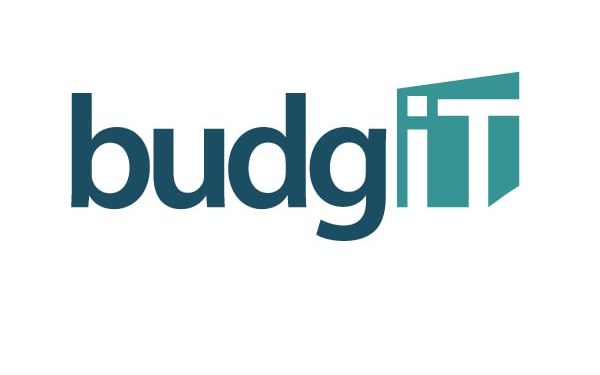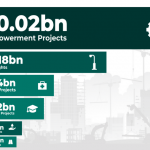A new analysis by BudgIT has revealed that Nigerian states allocated an average of only N6,981 per capita for education and N3,483 per capita for health in 2024, raising fresh concerns about the country’s human capital investment. The findings were published in the 10th edition of the organisation’s State of States Report.
The report indicates that state governments implemented less than 70 per cent of their education and health budgets for the year, and none spent up to N20,000 per person on education or N10,000 per person on health. BudgIT noted that while states cumulatively budgeted N2.41tn for education, they spent only N1.61tn, reflecting an implementation rate of 66.92 per cent. Although some states surpassed their budgeted allocations, overall spending remains far below what is needed to strengthen classrooms, teachers, and learning outcomes.
Education spending per capita averaged N6,981 across states, a figure the organisation described as painfully inadequate. Only a handful of states exceeded N10,000 per person. BudgIT added that while the sector is a critical social resource, the low level of implementation continues to limit the quality of learning, infrastructure expansion, and long-term productivity.
Health spending followed a similar pattern. States budgeted N1.32tn for the sector but spent only N816.64bn, resulting in a 61.9 per cent performance rate. Only a few states implemented more than 80 per cent of their health budgets despite the urgent needs across primary care facilities. Per capita spending on health averaged N3,483, with no state reaching N10,000 per person. This level of spending falls significantly below global recommendations and exposes a widening gap in service delivery.
Both UNESCO and the World Health Organization recommend allocating 15 to 20 per cent of national budgets to education and health because of their central role in human capital development. Nigeria’s current levels fall short of this benchmark, and analysts warn that the consequences are already visible. The UNICEF Situation Analysis published earlier this year reported that 10.2 million primary school-age children and 8.1 million secondary school-age children remain out of school, underscoring the long-term risks of chronic underfunding.
Healthcare indicators also reflect the strain. The UNICEF report noted that 41 babies die for every 1,000 live births, and 1,047 women die for every 100,000 live births, figures that highlight the urgent need for stronger investment and improved access to care.
Recent government reforms show some movement toward expanding coverage. The Nigerian Insurance Industry Reform Act 2025 broadened compulsory insurance, including health insurance, while the National Health Insurance Authority law mandates coverage for workers across sectors. However, analysts say these policies must be matched with increased state-level commitment to funding essential services.
For millions of households and small businesses, the persistent underfunding of education and health continues to affect productivity, labour quality, and long-term economic growth, reinforcing concerns that inadequate social investment could undermine the country’s competitiveness in the years ahead.










